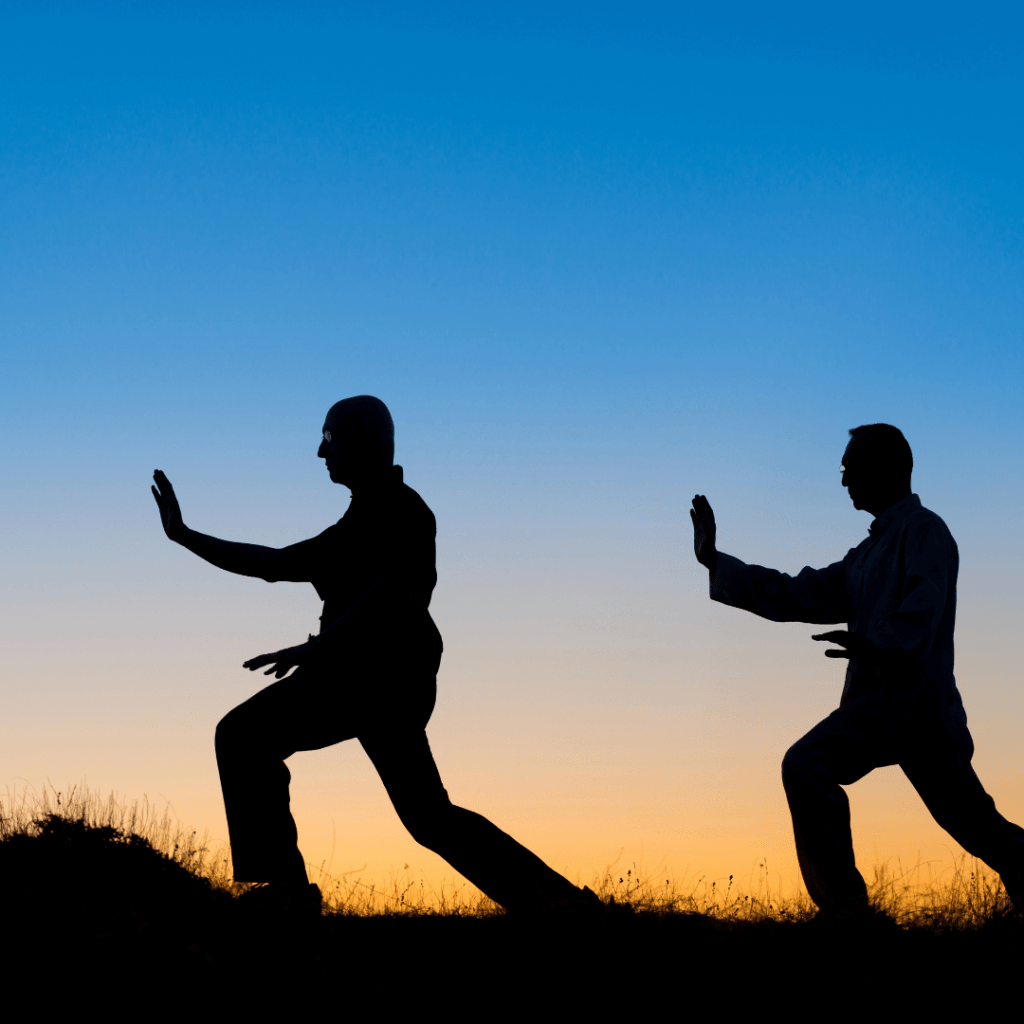Anxiety has many different faces. Restlessness, feelings of worry and dread, tossing and turning in the middle of the night can interfere with our daily lives, relationships, and career goals. While many people turn to medication for treatment, many others are finding solace in another ancient technique with timeless benefits – meditation.
For a milenia, Buddhists have said that meditation can greatly benefit our mental health. But it wasn’t until the 1960’s that these words of wisdom found scientific grounding. At A Cognitive Connection, we help people gain control of their lives with cognitive and behavioral therapy techniques to live their best lives.
In this blog post we are going to be exploring the myriad ways meditation can get rid of anxiety.
Medication Vs Mindfulness Experiment
A study led by Elizabeth Hoge from the Director of the Anxiety Disorders Research Program at Georgetown, had some interesting findings. 276 adults with generalized anxiety, panic disorder, or social anxiety were split into two random groups. One group received a small dose of Lexapro (an anti-anxiety meditation); and the other group were assigned to weekly two-and-a-half hour mindfulness classes at a local clinic.
The study concluded that participants who took the drugs as the ones who participated in the meditation program both showed a 20% reduction in the severity of their symptoms.
What does this research tell us? It tell us that meditation can indeed help reduce and manage anxiety.

How Meditation Helps Anxiety
Mindfulness is essentially staying fully present and aware of where you are, what you’re doing and thinking without being overly reactive or overwhelmed.
Meditation helps create a buffer between yourself and your thoughts. As that distance widens through mindfulness your anxiety can soften. Sometimes we get too close to our thoughts and identify with them; there is no separation between us and our thoughts.
The simple practice of observing our thoughts without attachment reminds us that we are not our thoughts, but rather observers of them.
Mindfulness doesn’t just help anxiety, but a whole host of other interrelated benefits:
- Gaining a new perspective on life situations
- Building skills to manage stress
- Increase self-awareness
- Becoming present
- Reducing negative emotions
- Increasing imagination and creativity
- Increasing patience and tolerance
- Lowering resting heart rate
- Lowering blood pressure
- Improving quality of sleep
Although meditation is no cure for mental health issues, it can make an effective compliment and certainly a good daily ritual if you are someone who suffers from anxiety.
Different Types of Meditation
If you’re curious about trying meditation for yourself, you may want to explore your options. Here’s a list of different types of meditation that can help be effective in fighting anxiety.
Guided Meditation: A relaxation method using mental imagery of calming places or situations, often assisted by a guide or teacher, involving multiple senses.
Mantra Meditation: The silent repetition of a calming word or phrase to prevent distractions.
Mindfulness Meditation: Focused on present moment awareness, it involves conscious observation of experiences like breath flow, thoughts, and emotions without judgment.
Qi Gong: A Chinese practice that blends meditation, relaxation, physical movement, and breathing exercises to maintain balance.
Tai Chi: A gentle Chinese martial art that combines slow, graceful postures with deep breathing.
Transcendental Meditation: Involves silently repeating a personal mantra to achieve profound relaxation and inner peace without concentration or effort.
Yoga: A series of postures and controlled breathing exercises to enhance flexibility and calmness, emphasizing focus on the present moment.

Building Your Meditation Practice to Fight Anxiety
While just starting meditation can feel overwhelming it doesn’t have to be. Meditation takes practice.
Keep this in mind next time your mind wanders when you start meditating or practice tai chi. The purpose of mindfulness is to calm your mind. If your attention wanders, slowly return it to an object or sensation or movement you’re focusing on.
In the days, weeks, and months to come – you may have the same outcome of those who were able to decrease their anxiety symptoms.
A Cognitive Connection: The Mindful Connection
Here at A Cognitive Connection, our aim is to help people become more in control of their lives through cognitive and behavioral therapies. Meditation is just one tool in our toolbox to help people to lead healthier lives. We also offer behavioral assessments, counseling, and cognitive brain training services. If you are interested in speaking with one of our representatives, be sure to book a free consultation!


